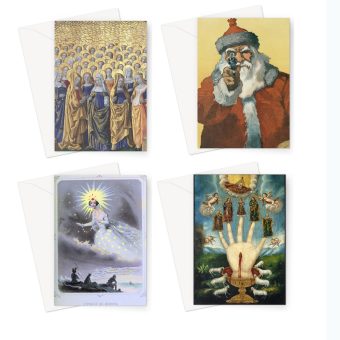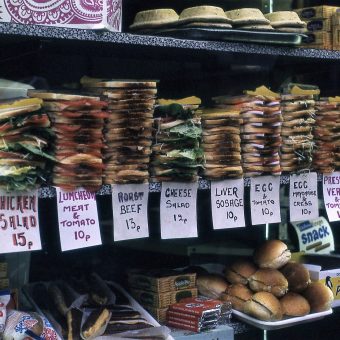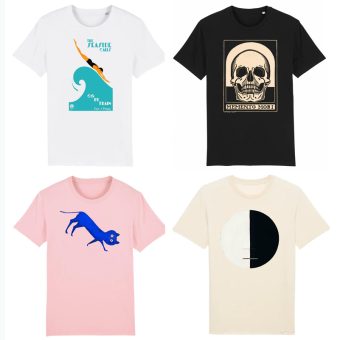
Writers keep notebooks because ideas come in the most unexpected of places. Notebooks contain a junkyard of treasures waiting to be discovered. They provide ports of entry to the imagination. And as Joan Didion once wrote, a place to keep “on nodding terms with the people we used to be”.
Thomas Hardy kept four notebooks: a “literary notebook”; a “Poetical Matter” notebook for his poetry; a “Studies, Specimens, etc.” notebook for assorted jottings; and a notebook for “Facts” which he compiled with help from his wife Emma out of old newspaper stories from the 1820s.
Raymond Chandler kept two kinds of notebook. One recording daily events and progression on works in hand. The second contained lists of titles, puns, similes, story ideas, observations, and first drafts. When Chandler moved to England, he had most of his notebooks taken out to city dump and burnt. Only two loose-leaf notebooks remained after Chandler’s death.
These notebooks reveal Chandler’s dedication to his craft, his fastidious nature, and his no-nonsense straightforward prose. Among his earliest notes are later marginalia denouncing any hint of pretentiousness.
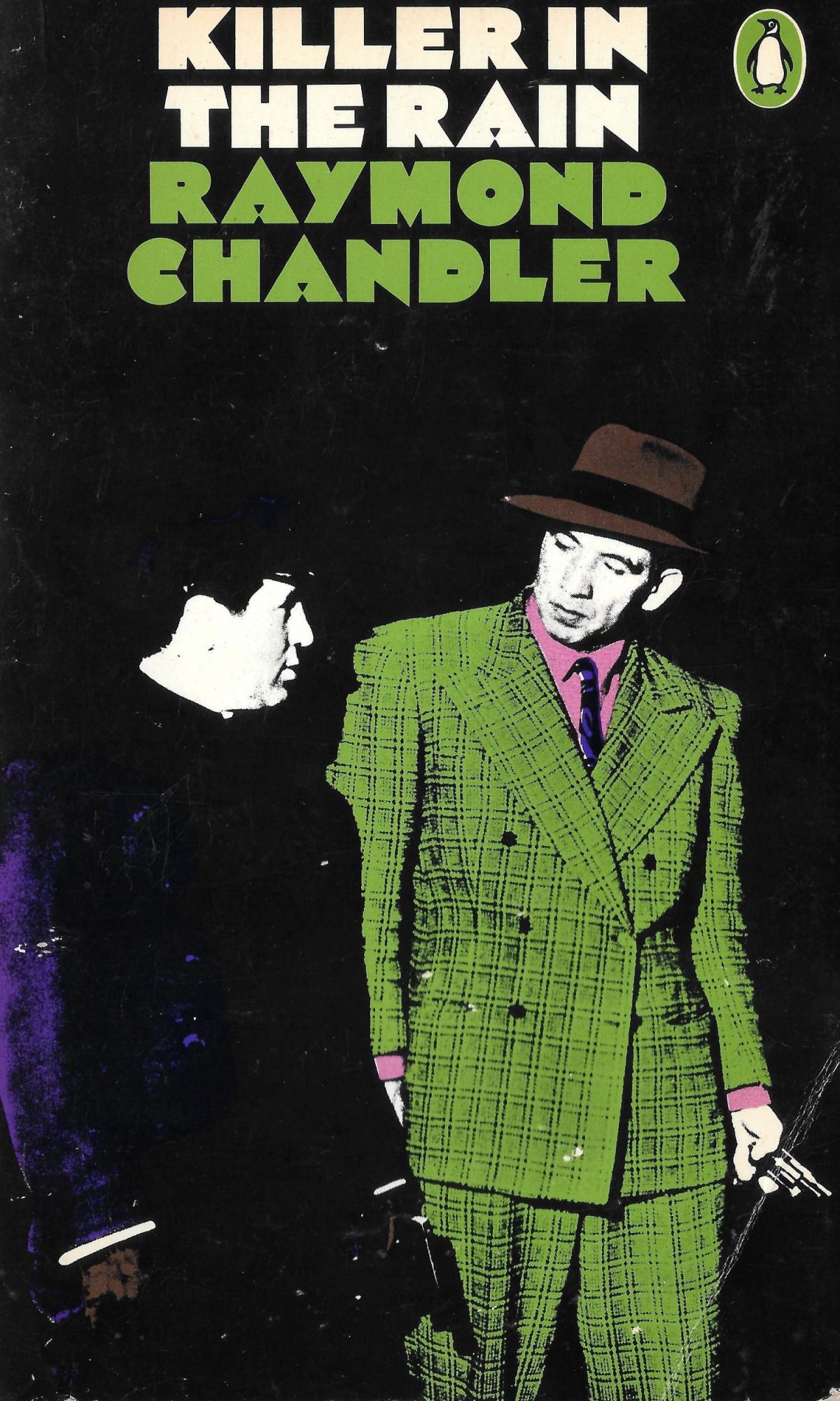
Among his notes are comments on science and art or “truth”:
There are two kinds of truth: the truth that lights the way and the truth that warms the heart. The first truth is science, and the second is art. Neither is independent of the other or more important than the other. Without art science would be useless as a pair of high forceps in the hands of a plumber. Without science art would be a crude mess of folklore and emotional quackery. The truth of art keeps science from becoming inhuman, and the truth of science keeps art from being ridiculous.
2-19-38
Chandler had a long interest in creating book titles. He even invented a writer Aaron Klopstein to try out some of his more bizarre titles, like Once More the Cicatrice, The Seagull Has No Friends, Twenty Inches of Monkey, The Hydraulic Facelift and Cat Hairs in the Custard.
Other titles for possible novels include:
The Man with the Shredded Ear
All Guns are Loaded
The Corpse Came in Person
They Only Murdered Him Once
The Diary of a Loud Check Suit
Deceased When Last Seen
Quick, Hide the Body
Stop Screaming—It’s Me
The Black-Eyed Blonde
Thunder-Bug
Everyone Says Good-bye Too Soon
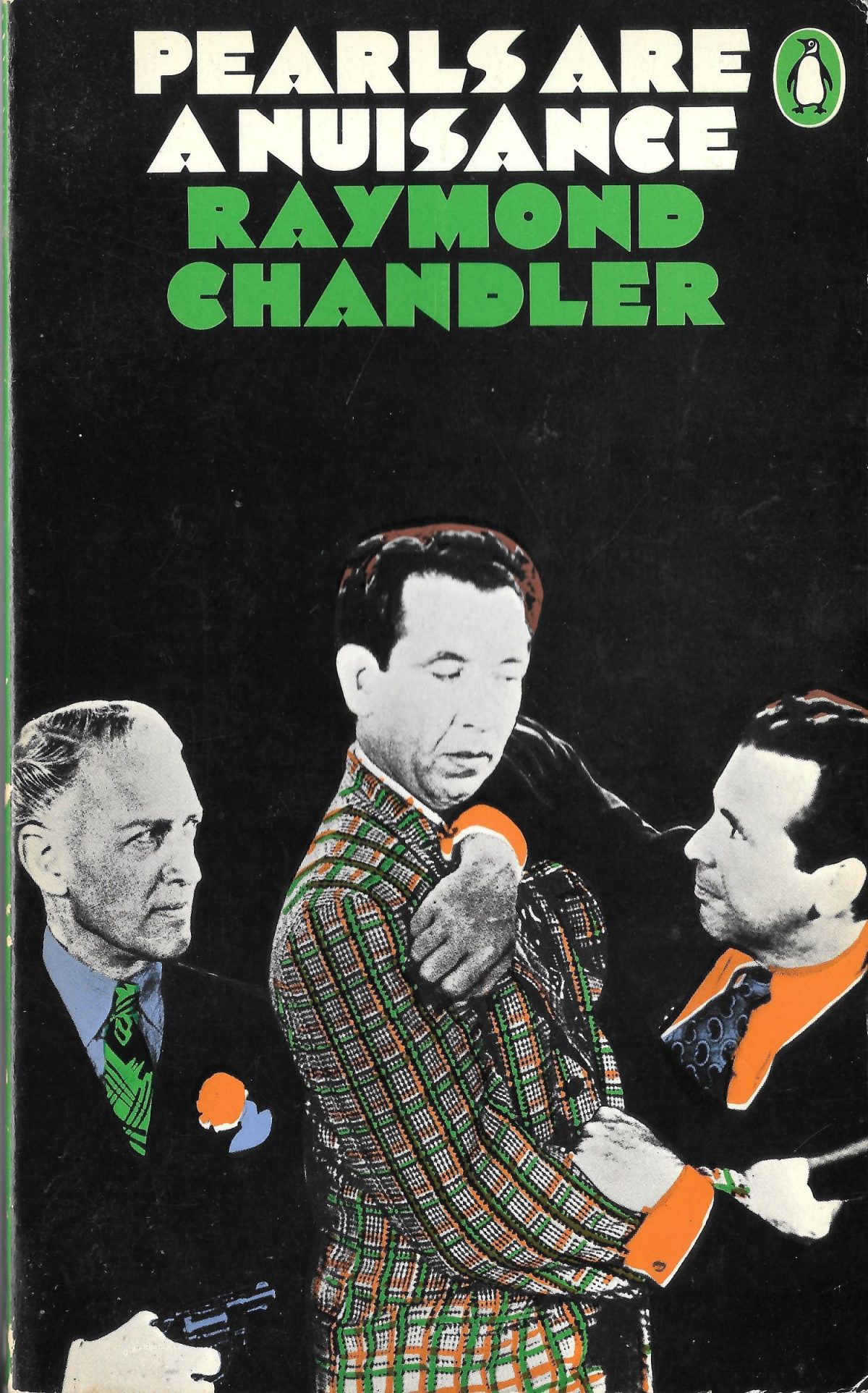
But book titles and weighty thoughts was one thing, some of the best parts of Chandler’s notebooks were his compilations of pickpocket lingo, jail house slang, and terms used by Narcs.
Narcotics Squad Slang
pin-jabber—hypo user
sniffer—snuffer
dodo—any addict
gow—a dope, as “gowed up”
kick the gong around—use dope (Harlem)
daisy crushers—shoes
pearl diver—dish washer
fancy pants—(verb) to act cagily or coyly
Hard Harry—a hard guy
Slang and Hard Talk
Chicago lightning—gunfire
dip the bill—take a drink
grape—liquor
cough yourself off—beat it
eel juice—liquor
creased, bent—knocked off, also stolen
circulation drops—drinks
lip—lawyer
squibbed off—shot
new street—new girl
give her hello—say hello to her
kick the joint—break in
under glass—in prison, caught
Hollywood Slang
baggage-smasher—clumsy person
blinker—camera
duchess—a girl in the money
fluff—baby doll
footfever—hurry
garbo—a highhat
jail break—time out to eat
mob it—break formation
queen bee—show off
sock the clock—punch the time clock
toots—chorus boy (getting stale)
X ray—still photo
zubber—a cane and spats guy
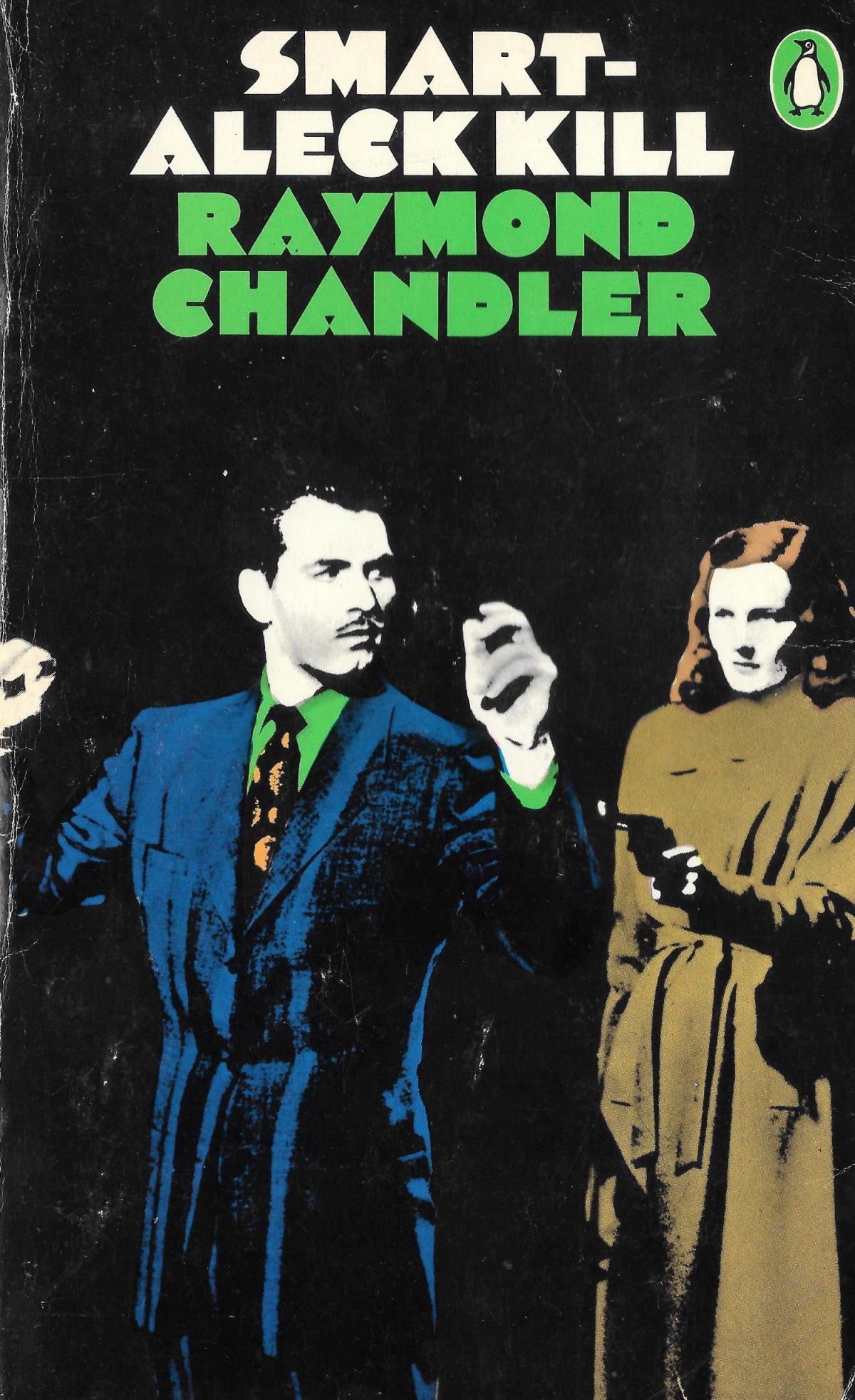
San Quentin Prison Slang
Quoted by former Warden Holohan in Los Angeles Times.
(Well-known terms omitted.)
Beak – Judge
Buried – held incommunicado
Broom – Disappeared hastily
Bonarue (Fr.) – Good
Box – Safe and also phonograph
Bank – Shot of dope
Back door parole – Die in prison
Blow your copper – Lose good conduct credits
Buck – Priest
Case dough – Limited dough
Caught in a snowstorm – Cocained up
Crazy alley – Fenced-in section for daffy prisoners
Copper-hearted – Informer by nature
Crib – Safe
Crow McGee – No good, not real
Cecil – Cocaine
Croaker – Doctor
Copper – Good prison records
Cop a heel – Assault from behind
Dinah – Nitroglycerine
Dropper – Paid killer
Duffer – Bread
Eye – Detective
Fog – Shoot
Fall money – Bail and legal fees
Fin – Five dollar bill
Fin up – Five years to live
Grease – Protection money
Glom – Steal, grab
Gum heel – Cop
Herder – Guard in prison
Hincty – Suspicious
Jinny – Blind pig
Lifeboat – Pardon, commutation of sentence
McCoy – Genuine (opposed to Crow McGee)
Nose – Police spy
On the Erie – Shut up! someone is listening
Office – Signal
On the muscle – Quarrelsome, ready for trouble
Put the cross on – Mark for death
Roscoe – Gat, hand gun
Shag – Worthless
Slam off – Die (not kill)
Swamp – Arrest
Slim – Police spy
Sneeze – Kidnap
Spear – Arrest
Shin – Knife, contraband weapon, shotgun
Siberia – Solitary confinement cells
Tommy Gee – Machine gunner
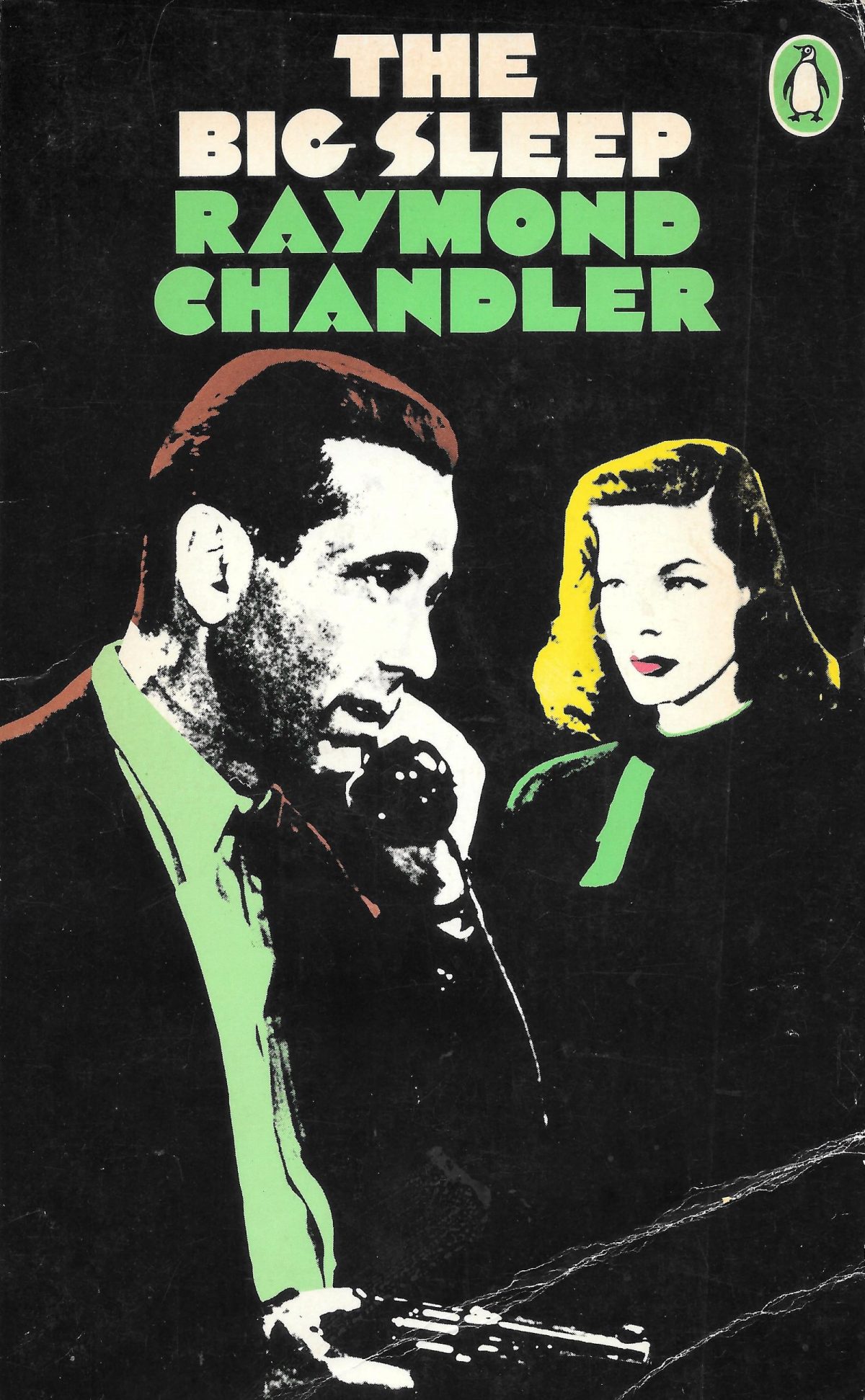
Pickpocket Lingo
(Maybe New York only)
Saturday Evening Post, October 21, 1950
Cannon—General term for pickpocket (Dip is unused, obsolete)
Live cannon—A thief who works on normally situated people, as opposed to a roller (a lushworker) who frisks drunks. Both men knock their victims. Rousters walk with the victim pretending to help; sneak workers don’t touch him unless he is passed out or near to it.
Pit worker—Inside-breast-pocket expert.
Moll buzzer—Operator on women’s handbags.
Sneeze—Arrest.
Short—Bus, street car, any public conveyance.
Stride—Walking (“On the stride.”)
Shed—Railroad station.
Tip—Crowd.
Bridge—Pocket.
Button—Police badge.
Kiss the dog—Work face to face with the victim.
Tail pits—Right and left side pockets of jacket.
Pratt—Rear trouser pocket.
Stall—Accomplice who creates confusion to fix the victim’s attention.
Right fall—Grand larceny conviction. To obtain there must be testimony that the accused had his hand in the victim’s pocket and was caught with the goods still on him. Most arrests are for “jostling,” which is a misdemeanor good for no more than six bits (months). A shove is enough when the shover is a known operator.
Hanger binging—Opening women’s handbags without stealing the bag.
Tweezer—Change purse.
Stiff—A newspaper or other shield to hide operations.
Wire or hook—The actual live cannon, as opposed to the stall.
Shot—A young pickpocket just starting to work (Harlem cant).
Fan the scratch—To locate money in a pocket without putting the hand in, i.e., by touch.
Dunnigan worker—Thieves who hang around comfort stations hoping for a coat left on a hook.
Note: A cannon never takes your money. He forks his fingers over it and moves away from it with a shove.
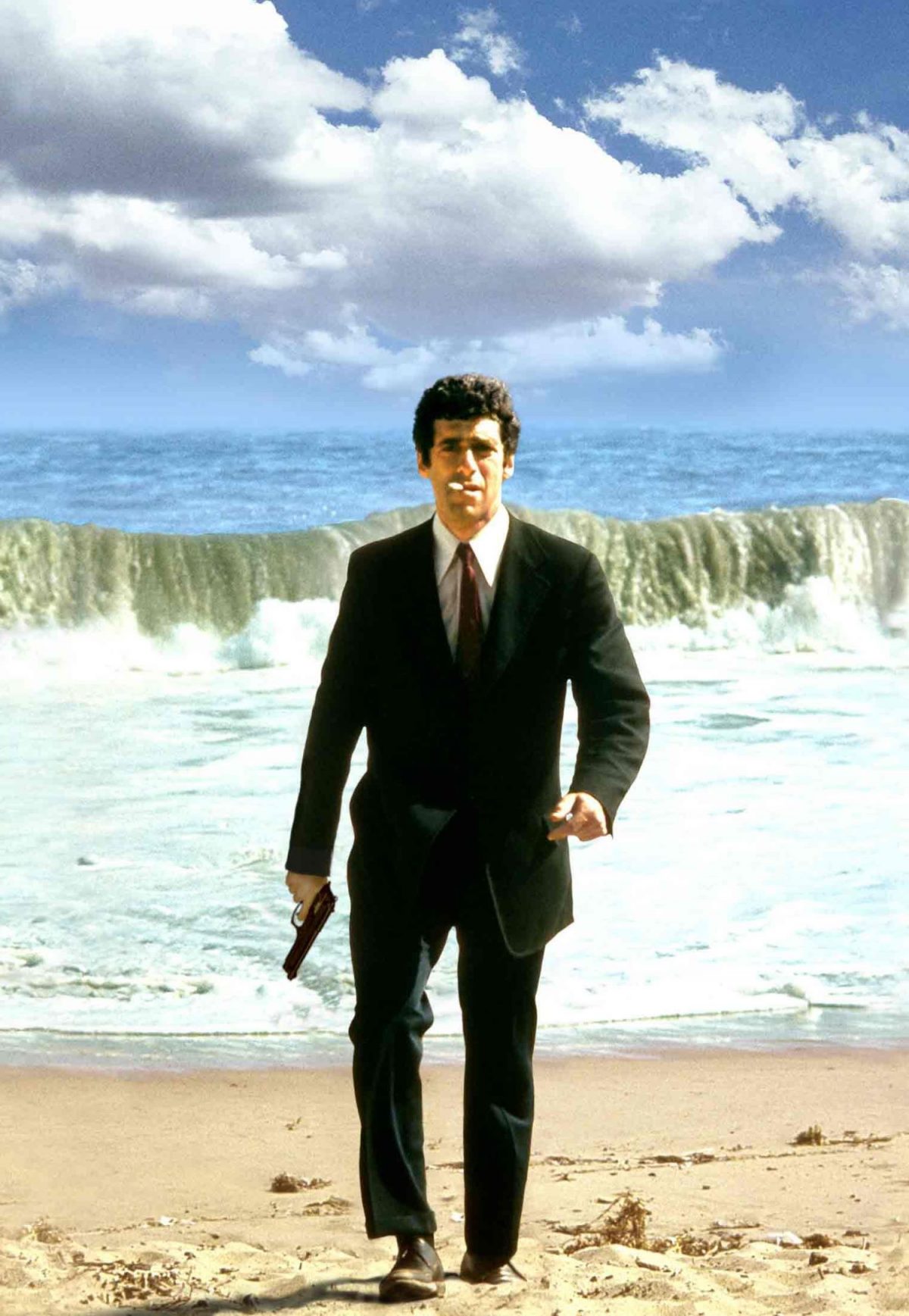
Would you like to support Flashbak?
Please consider making a donation to our site. We don't want to rely on ads to bring you the best of visual culture. You can also support us by signing up to our Mailing List. And you can also follow us on Facebook, Instagram and Twitter. For great art and culture delivered to your door, visit our shop.
